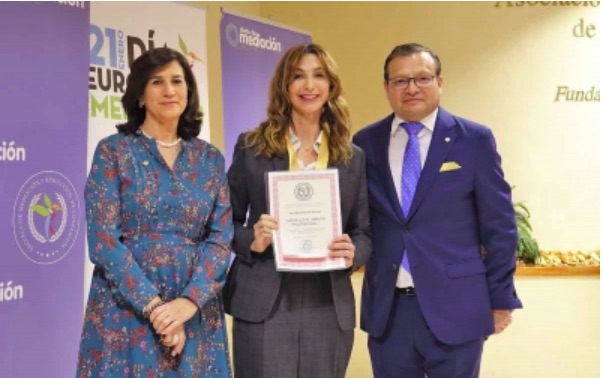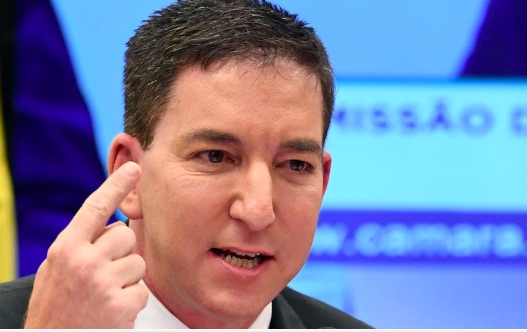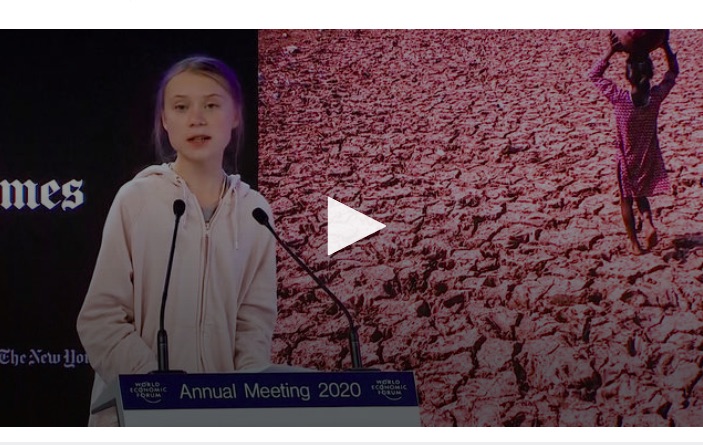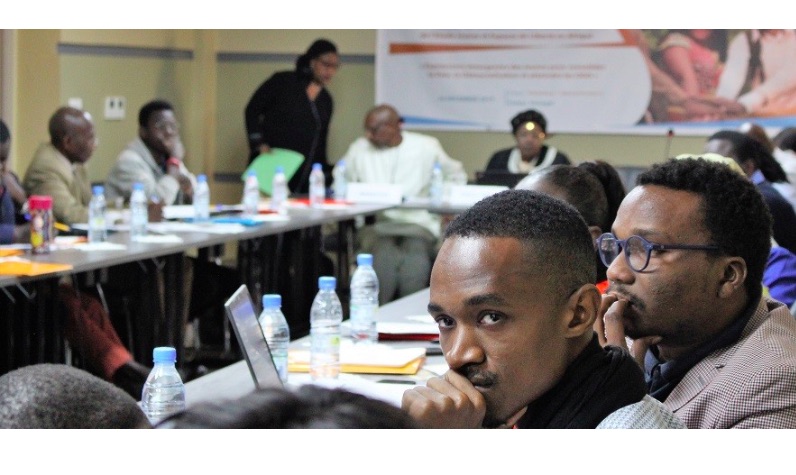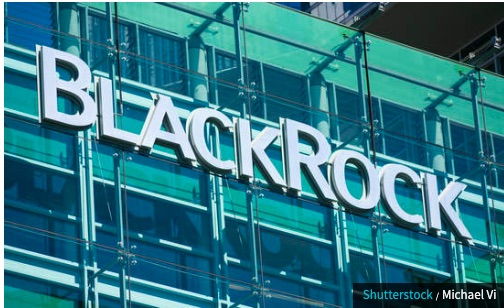FREE FLOW OF INFORMATION
An article from the Conference of Non-Governmental Organizations
President Liberato Bautista of the Conference of Non-Governmental Organizations in Consultative Relationship with the United Nations (CoNGO) will be holding presidential briefings in Geneva, Vienna and New York this December.
The briefings will focus on CoNGO’s Declaration on the 75th anniversary of the United Nations. This thoughtful and challenging document was adopted by the CoNGO Board when it met in Geneva this past October.
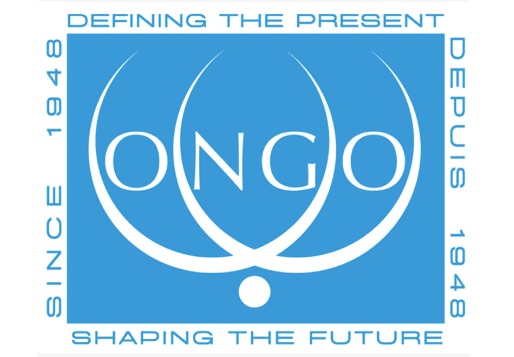
The Declaration was a product of intense consultations involving many CoNGO members and leaders of CoNGO Substantive Committees worldwide.
(continued in right column)
What is the United Nations doing for a culture of peace?
(continued from left column)
The Declaration honors the United Nations System as the essential multilateral mechanism that the world needs to mobilize, coordinate and manage solutions to the planet’s ”Problems without Borders”.
CoNGO calls for the 75th Anniversary to be the occasion for the United Nations System to be strengthened, better structured, better used by governments, and considerably better financed.
CoNGO calls for the UN System to make greater use of the competence and experience of NGOs and the broader Civil Society as essential partners in ensuring a peaceful and just world built upon achieving the Sustainable Development Goals.
President Bautista will hold these Presidential B riefing s to expound upon the Declaration, and to seek further input and participation in conveying the central messages to Civil Society worldwide, to all governments, to all elements and entities of the UN System, and to the people of the planet.
President Bautista will make use of the occasion to discuss CoNGO’s invitation to other NGO and civil society groups with similar initiatives of revisiting the 75 years of the UN and proposing visions of the “world we need”, the world we want” and the UN that is responsive, accountable and well-funded to meet these needs and wants.
Bautista hopes for the development of he calls “CS75 at UN75”. These 75 unities that will be developed through NGO and civil society consultations will be short statements on agreed issues and concerns that shall be conveyed to all entities within the UN System and its member states as the UN approaches its 75th anniversary next year and plan for the years ahead.
The CoNGO Declaration is for use throughout the whole Anniversary Year, and in all UN and Civil Society fora. It is available in English , French and Spanish versions.
Your presence and active participation in any of these three briefings is most welcome.
